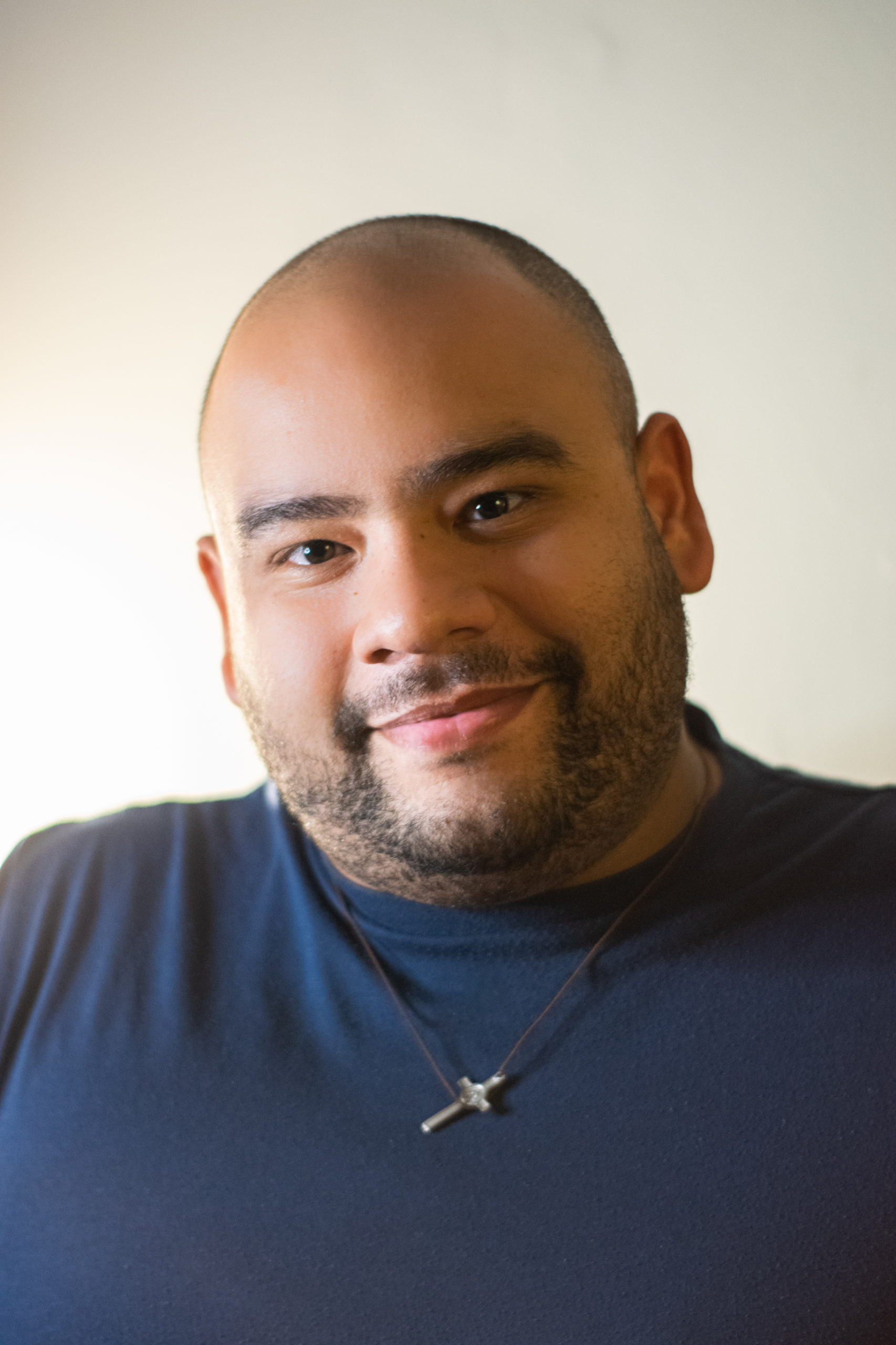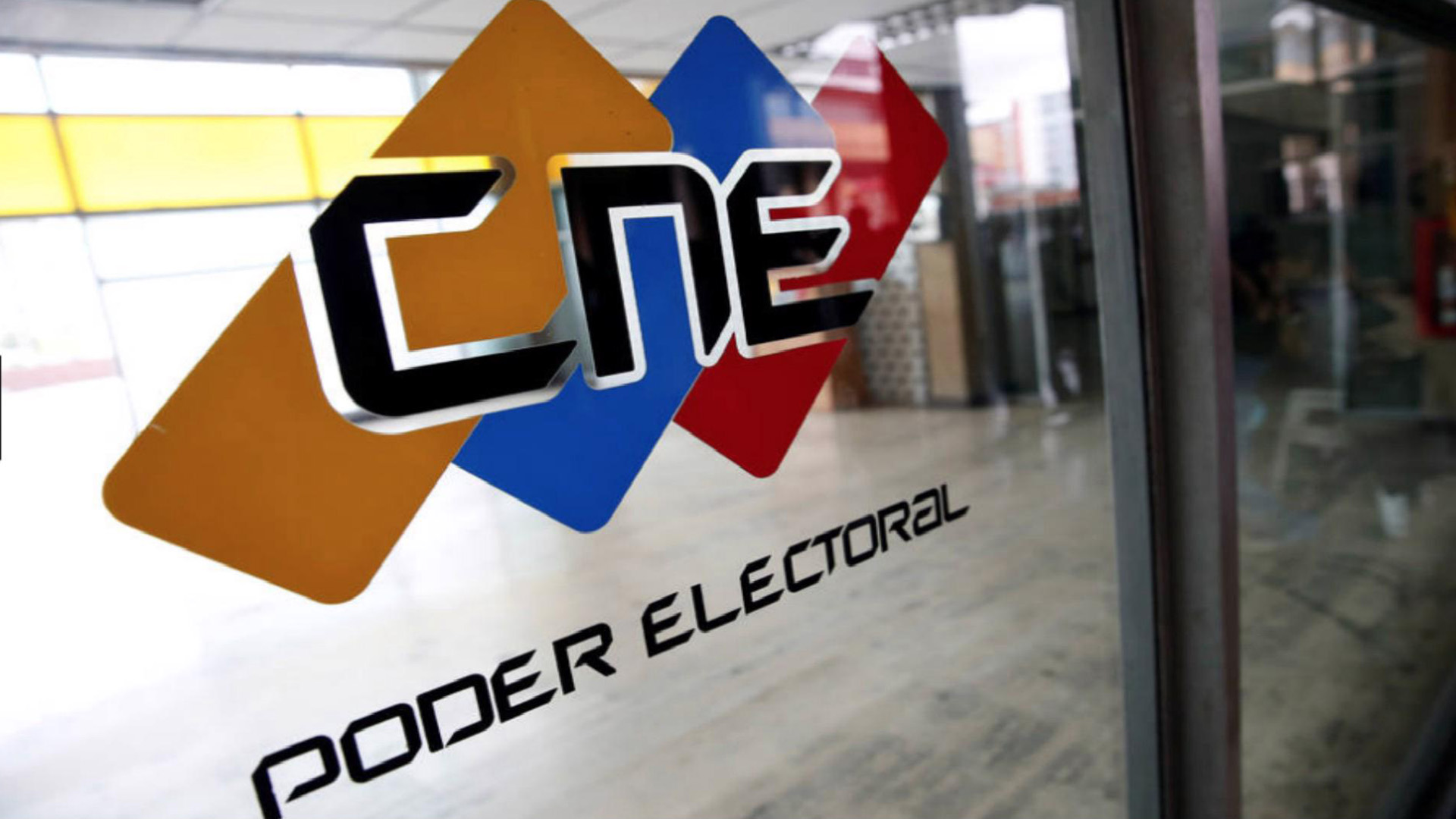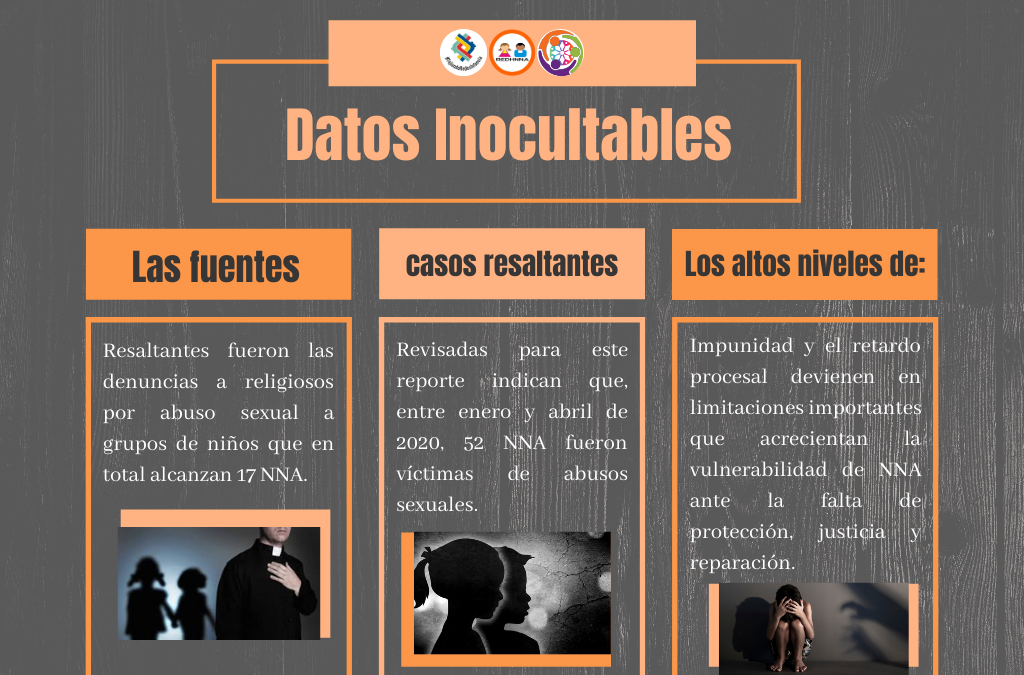The secret to successful opposition alliances lies in the rules that they give themselves for coexistence and effectiveness. To be a viable opposition, it is important to give up the struggle over the control of the transition and who benefits from it. This opposition must be able to deliver on its promise of political change and come up with a set of clear rules for the internal game. It is time to come to terms with the limitations imposed by the adverse context and for a coordinated, creative opposition to emerge, with solid democratic ambitions and convictions, capable of reviving the hope and longing for life in democracy
How have dictatorial regimes fallen in recent times? Are there common factors to trigger processes of transition to democracy? In their book Defeating Authoritarian Leaders in Postcommunist Countries, Professors Valerie Bunce and Sharon Wolchick point out that “authoritarian leaders often maintain power in mixed regimes not because they are popular, powerful or a combination of the two, but rather because they benefit from the absence of viable political alternatives.” Furthermore, they present two very intuitive premises: 1) Autocrats control many more resources than the opposition; and 2) In authoritarian contexts where elections are held, the opposition tends to be divided and therefore often ineffective. One of the central messages of this extraordinary work is that the creativity, innovation and ambition of the (democratic) opposition are fundamental in the search for successful democratization. What does this mean for our case? What else could the Venezuelan opposition do to achieve the desired political change?
The shifting and scarce windows of opportunity. Chavismo has been dismantling state institutions to put them at the service of the ruling party and cling to power. After two decades, Venezuelan society has accumulated a body of knowledge regarding the authoritarian government’s ability to further advance its ambition for hegemonic control. In fact, in the last two years, Nicolás Maduro has made greater progress in consolidating his authoritarian project despite having faced a series of adverse factors: strong international pressure and an interim government led by the opposition and supported by the United States, the European Union and other countries of the Americas. In this context, the evident defeat of the Venezuelan opposition calls for deep reflection on the few remaining institutional spaces for seeking a negotiated solution to the conflict and crisis that we are suffering. Precisely because a fast-track transition to democracy is not very likely (or plain unlikely) since no country is willing to intervene militarily to impose a new political regime, it is essential to be quick in identifying the (very) few windows of institutional opportunities that still exist.
“When the opposition is divided, not only does it end up being ineffective in the short term but risks becoming unviable in the medium and long run”
Opposition coordination. In Venezuela, Chile, Nicaragua or Kenya, we have seen that, despite abuses by authoritarian regimes, the opposition is capable of motivating, mobilizing, winning elections and/or achieving the transition to democracy when it manages to coordinate its actions and strategies. On the other hand, when the opposition is divided, not only does it end up being ineffective in the short term but risks becoming unviable in the medium and long run. Coordination is crucial because it allows – in the best of cases – to overcome the power asymmetries created by autocrats. A coordinated opposition manages to i) counteract the absence of material resources; ii) exchange know-how; iii) present unitary candidates, and iv) develop a plural identity, program, and narrative representative of the factors that make life in the alliance. These steps allow it to alter the calculations of repression and manipulation of the regime, communicate a viable and coherent alternative, as well as gather votes (even from pro-regime voters). That said, opposition alliances are not perfect and, as we have seen in our case, they do not always last. The key to the alliance is not only the leader, the narrative or a single electoral card. The secret to successful opposition alliances lies in the rules that they give themselves for coexistence and effectiveness. When oppositions develop clear decision-making and conflict resolution mechanisms, they can protect the durability and viability of the alliance and become sustainable over time. Otherwise, in the absence of clear rules and when such a methodology does not exist, it will be likely to see the groups with greater power and resources imposing themselves on the others. If we study all the attempts at coordination in Venezuela, we will observe that the only viable alliance with clear successes in the electoral field was the Democratic Unity Table (MUD). This was due to the structure of the alliance, the statutes, the commissions and the Executive Secretariat, the latter assuming an essential role in addressing the diverse interests of the member parties. A viable opposition capable of delivering on its promises of political change should develop a set of clear rules of the internal game. Also, it is essential to promote the end of hegemony within the opposition leadership, before thinking about this new framework of rules or a new platform. Power ambitions are not problematic per se. However, the opposition leadership must identify the existing windows of opportunities and rethink its strategy based on them, since they reflect the lessons on the infeasibility of maximalist paths. To be a viable opposition, it is important to give up the struggle over the control of the transition and who benefits from it. A collective, coordinated, and sensitive opposition will be able to increase its possibilities to reconnect, mobilize and achieve the dream of change.
The Chavista chapter of our history is tragic and painful. It is understandable to wish for a quick way out to start a new democratic era that reverses the crises and the abuses. However, the maximalist option is not realistic precisely because of the characteristics of the authoritarian regime, the growing inequality, poverty, and economic destruction. It is time to come to terms with the limitations imposed by the adverse context and for a coordinated, creative opposition to emerge, with solid democratic ambitions and convictions, capable of reviving hope and longing for life in democracy.
Translated by José Rafael Medina




